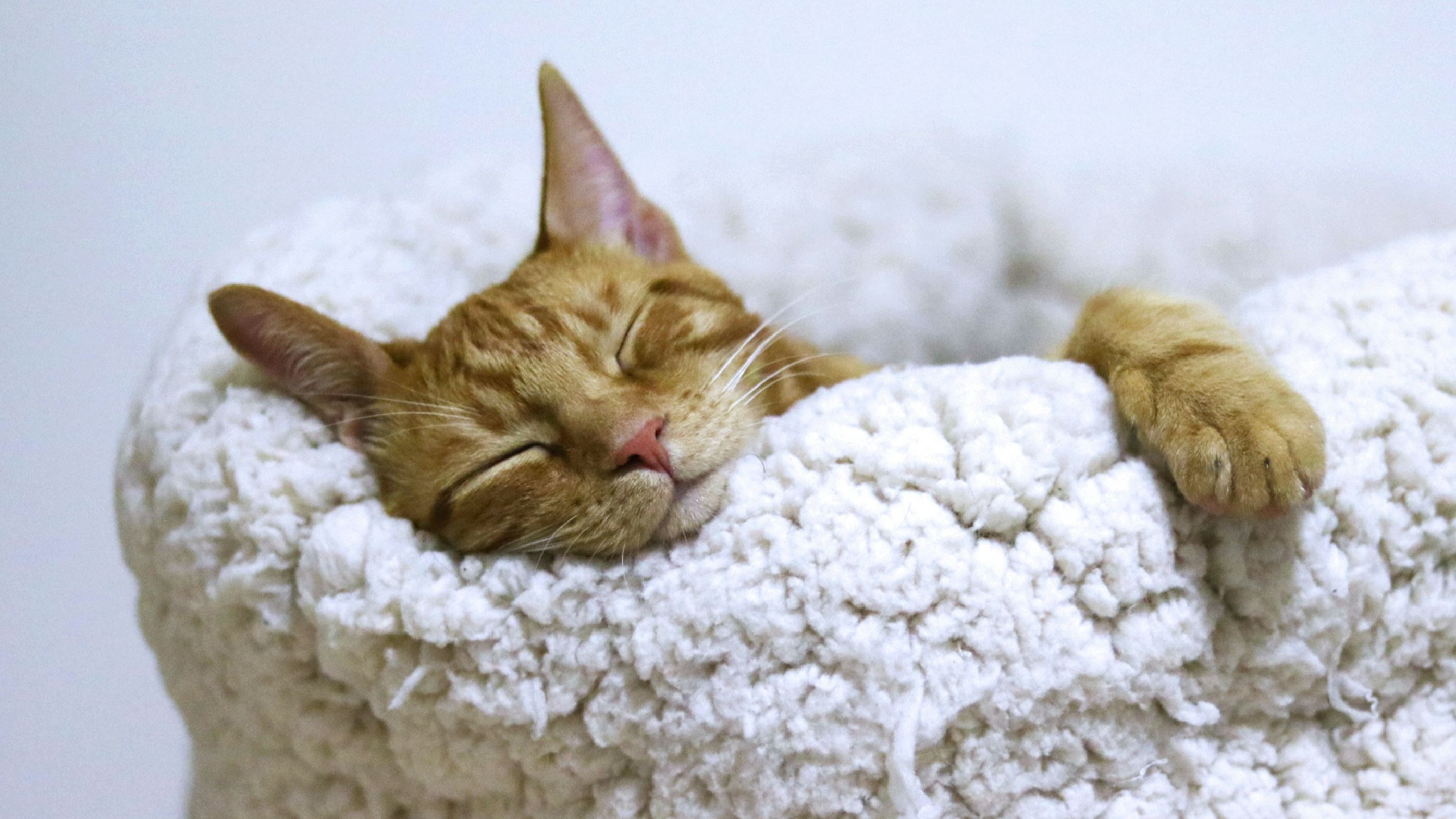The Power of Sleep for Optimal Health and Weight Management

The Power of Sleep for Optimal Health and Weight Management
If you’d told me years ago that sleep is my secret weapon for weight management, I probably would have laughed. Like many women juggling work, family, and self-care, I used to see sleep as a luxury-something I could cut back on to squeeze more into my day. But along my health journey, I started digging into the science. What I discovered changed everything.
The Surprising Science Behind Sleep and Weight Loss
It turns out, sleep isn’t just about feeling rested-it’s a key player in how our bodies regulate weight. Studies show that adults who consistently get less than seven hours of sleep a night are much more likely to struggle with weight gain and even obesity. In fact, one study found that people who slept less than 5.5 hours per night lost 55% less body fat during a weight loss program compared to those who slept 8.5 hours. In other words, you can work on your health goals by eating right and exercising, but your body will cling to extra weight if you are not getting enough sleep. Lack of sleep may be sabotaging your efforts.
Why? It’s all about hormones. When you’re sleep deprived, your body ramps up production of ghrelin (the “hunger hormone”) and dials down leptin (the “fullness hormone”). That means you feel hungrier, crave more carbs and sweets, and will be less satisfied after eating. It is your body’s method of trying to add extra energy as fuel and then calm you down so you will get to sleep. In addition, stress causes higher cortisol levels (the stress hormone), priming your body to store more fat, especially around your belly.
I saw this firsthand: after weeks and months of a stressful job and late nights, I’d find myself snacking more, reaching for chips at 10 p.m., skipping workouts because I was too tired, and feeling constantly hungry. The scale reflected it.
How Poor Sleep Sabotages Your Efforts
- Increased cravings: Less sleep means more snacking, especially on high-carb foods.
- Lower willpower: Tired brains crave quick energy, making it harder to resist junk food.
- Less motivation to exercise: When you’re exhausted, the couch wins over the gym every time.
- Slower metabolism: Sleep deprivation can disrupt how your body processes sugar and stores fat.
- Less enjoyment of life: Too much of the wrong kind of stress is no fun and your brain will crave some quick endorphin release in the form of sugar and treats.
My Sleep Optimization Toolkit: Practical Strategies
Once I realized sleep was a missing piece, I committed to making it a priority. Here’s what worked for me, and what science backs up:
1. Set a Consistent Sleep Schedule
As much as possible, I started going to bed earlier and waking up at the same time every day, even on weekends. This helped reset my internal clock and made falling asleep easier.
2. Create a Sleep Sanctuary
I made my bedroom cool, dark, and quiet. Blackout curtains, a white noise machine, and a comfortable mattress made a huge difference. I made my bedroom space special: no work, no other projects, just relaxing and resting.
3. Power Down Electronics
No screens at least 30 minutes before bed. The blue light from phones and TVs can interfere with melatonin, the hormone that helps you sleep.
4. Watch What (and When) You Eat and Drink
I cannot drink caffeinated beverages and sleep well. Cut out caffeine after 2 p.m. and limit heavy meals or alcohol close to bedtime. Both can disrupt sleep cycles.
5. Build a Relaxing Bedtime Routine
A warm shower, herbal tea, and a few minutes of gentle stretching or reading a book signalled to my body that it was time to wind down.
6. Prioritize Sleep Like You Do Diet and Exercise
I started paying attention to my sleep like I was mindful of my food and workouts. It helped me see patterns and stay accountable to myself.
The Results: More Energy, Fewer Cravings, Better Progress
After a few weeks of prioritizing sleep, I noticed:
- Fewer late-night cravings and emotional eating
- More energy for workouts
- Steadier weight loss and less frustration with plateaus
- Better mood and motivation
Final Thoughts
Don't overlook sleep if you’re stuck on your health or weight loss journey. It’s not just about willpower or calories; it’s about giving your body the rest it needs to regulate hunger, burn fat, and make healthy choices. Start with one or two of the tips above, and see how your body responds. Sleep was a missing piece for me, and it might be for you, too.

